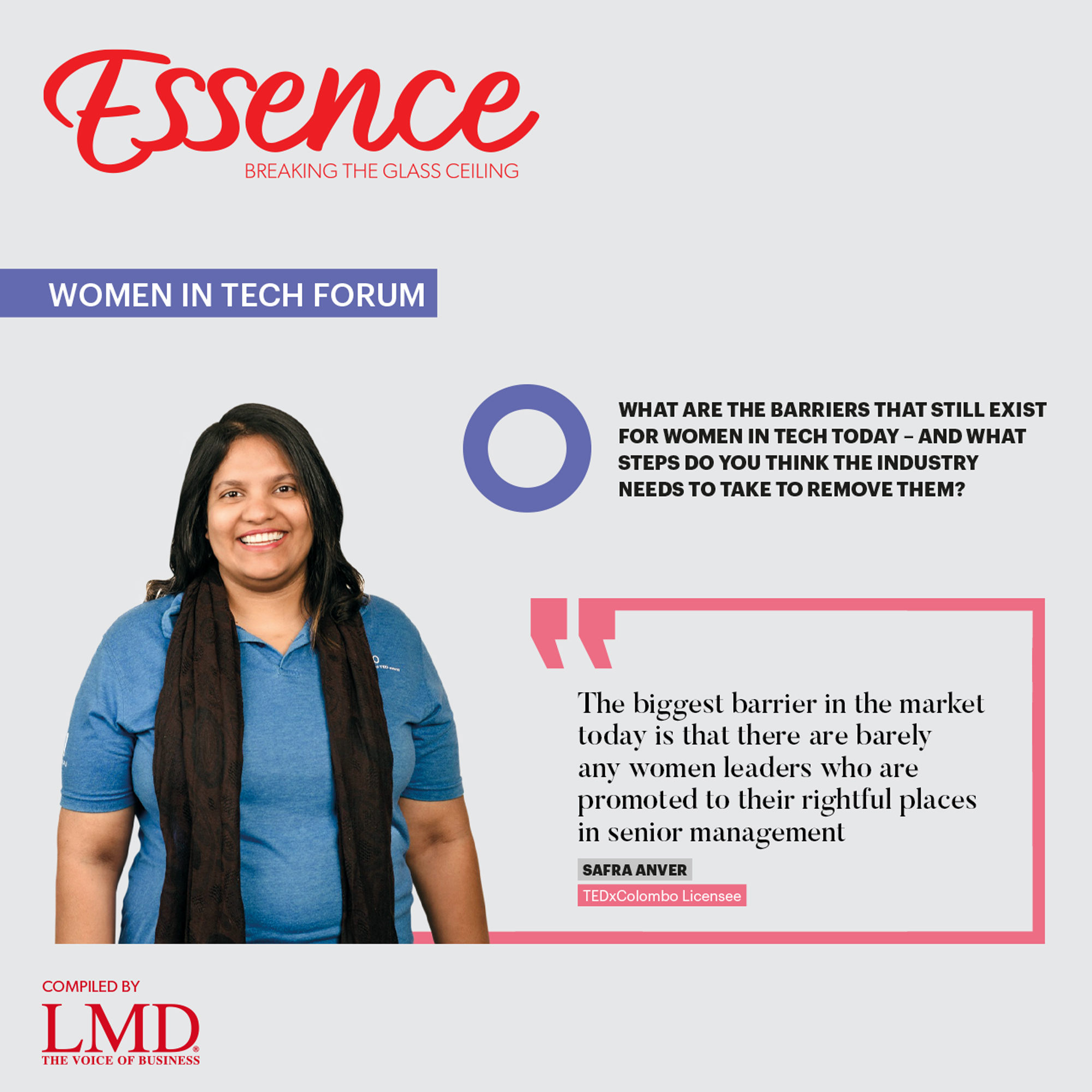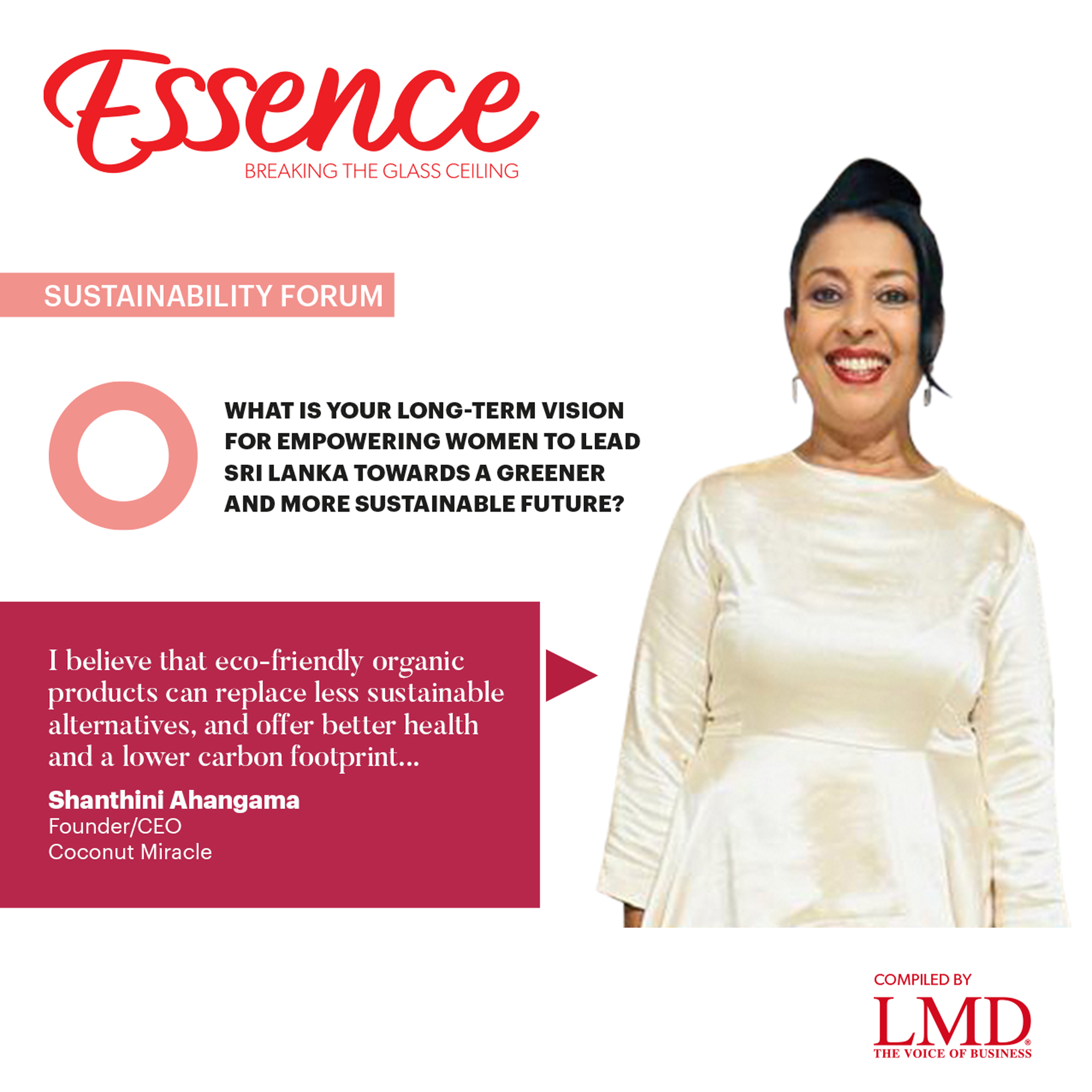LEADERSHIP
EVOLVING IDEOLOGIES
Dr. Radhika Coomaraswamy emphasises the urgency to accelerate female empowerment and leadership
 “Milestones in leadership are different from those in life,” says Dr. Radhika Coomaraswamy – Chairperson of the International Centre for Ethnic Studies (ICES). She considers her appointments as the United Nations Under-Secretary-General and Special Representative for Children and Armed Conflict to be significant leadership landmarks.
“Milestones in leadership are different from those in life,” says Dr. Radhika Coomaraswamy – Chairperson of the International Centre for Ethnic Studies (ICES). She considers her appointments as the United Nations Under-Secretary-General and Special Representative for Children and Armed Conflict to be significant leadership landmarks.
Occupying these positions from April 2006 to July 2012, she performed a dual role involving advocacy for children, and providing leadership to the UN and civil society organisations dealing with children and the armed conflict, in addition to reporting to the United Nations Security Council (UNSC).
However, for the former diplomat, more poignant milestones have involved meeting survivors of violence: “Whether it be during insurgencies in the 1980s in Sri Lanka, or women and children affected by conflicts around the world, these are the mileposts that revealed the purpose and meaning of my life,” says the former member of the UN’s Independent International Fact–Finding Mission on Myanmar (IIFFMM).
Coomaraswamy observes that females are beginning to break the glass ceiling. She notes: “There is a pattern to a woman’s career trajectory. Women are overrepresented in the universities in law and medicine but not as yet in engineering. Then sometime after the start of their professional careers, they either leave their jobs or remain at the middle management level, not reaching higher tiers.”
These situations arise mainly for two reasons, according to the former UN representative: “Firstly, discrimination from the ‘boys club’ in the upper echelons often not recognising women’s achievements; and secondly, the dual burdens of home and workplace carried by women.”
“The challenge of competing in the workplace while being responsible for managing the home leads women to lose the edge in progressing in their careers. Well thought out programmes and schemes that assist mothers to care for children – not only from the middle classes but also daily wage earners – can help resolve many of these issues,” she maintains.
She explains that “the protection of women and children has historically always been relegated to females. Within the UN, ladies around the table were usually dealt with issues related to women and children.” She hopes that this realm will be associated with both males and females in the future.
A lawyer by training and an internationally renowned human rights advocate, Coomaraswamy avers that her field of expertise has always been dominated by women. “However, in my other area of expertise – which is constitutional law – there are less women who specialise and argue cases,” she discloses.
Coomaraswamy also believes that boardroom compositions are changing; but this depends on the type of boardroom in question: “The nature of the composition and style always relates to which sector the institution belongs to – i.e. the corporate sector, civil society organisations or the public sector.”
“There’s a lot to learn from corporate and multilateral boardrooms of which I have been a part. Research shows that there must be a minimum core of women on the board to make it responsive. In the early years, it was said to be a third; now people are demanding half, like in the Nordic countries – legislation should help in terms of setting a minimum,” she explains.
Over the years, women like Dr. Radhika Coomaraswamy have displayed unique skills in leadership excellence. To this end, she remarks that “in the early years, it was felt that women must become like men to be good leaders,” citing prime ministers Margaret Thatcher, Indira Gandhi and Golda Meir as examples in their time.
Drawing attention to how the world has managed the pandemic so far, she cites a stark difference between male and female leaders. “Prime Minister Jacinda Arden, former Chancellor Angela Merkel, and the leaders of Taiwan and Hong Kong were seen to have a more evidence based consultative and deliberative style,” she asserts.
She notes: “Although not always the case as shown in history, the notion of consultative and representative decision making has been put forward as the goal of what is expected of feminist leadership – an ideology in which the younger generation of women have been brought up.”
“I hope this will make a difference in how our corporations and the government are managed in the future,” she concludes, optimistically.
“The notion of consultative and representative decision making has been put forward as the goal of what is expected of feminist leadership





